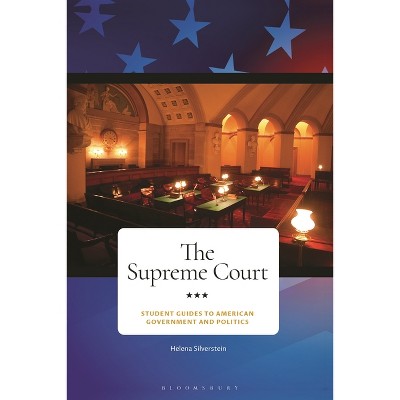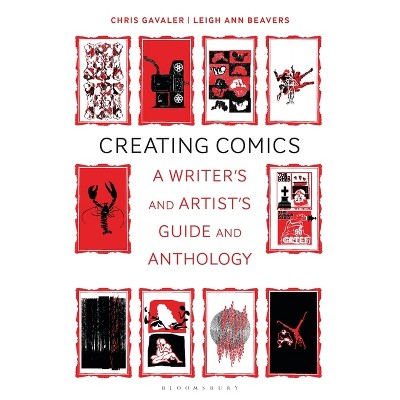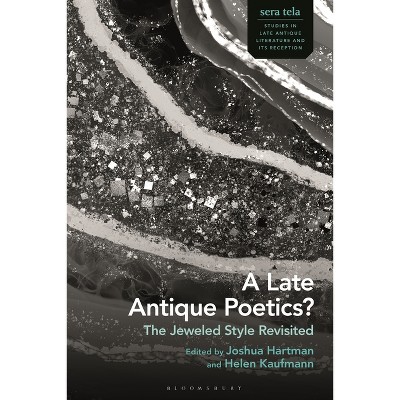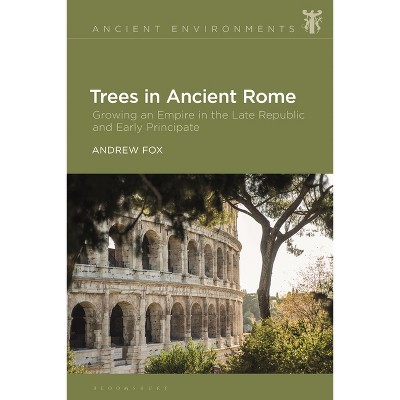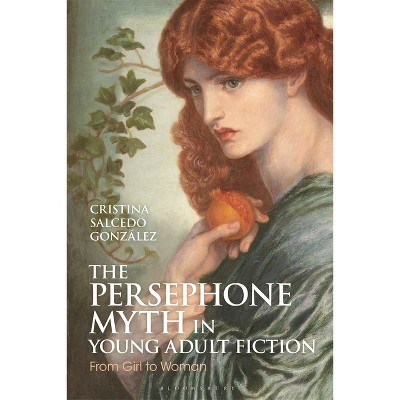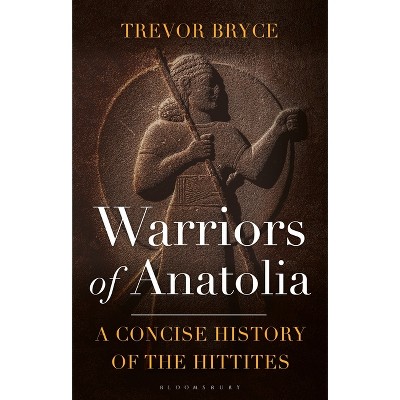About this item
Highlights
- From Madeline Miller's The Song of Achilles (2011) to Pat Barker's The Voyage Home (2024), there has been a huge rise in women's rewritings of ancient myths and texts in recent years.
- About the Author: Emily Hauser is Senior Lecturer in Classics and Ancient History at the University of Exeter, UK.
- 304 Pages
- History, Ancient
Description
About the Book
"From Madeline Miller's Song of Achilles (2012) to Natalie Haynes' A Thousand Ships (2019), there has been a huge rise in women's literary receptions of classics in recent years. This first volume in a two-volume set explores the different ways that woman have retold and responded to classics, as well as how these responses might resist or unpack the tensions inherent in notions of gender, race, canonicity, class and cultural heritage. Looking at extraordinary women writers such as Sappho, Lucrezia Marinella and Virginia Woolf to Toni Morrison, Roz Kaveney and Zadie Smith, this volumes demonstrates centrality of women's creations in the world of classics"--Book Synopsis
From Madeline Miller's The Song of Achilles (2011) to Pat Barker's The Voyage Home (2024), there has been a huge rise in women's rewritings of ancient myths and texts in recent years. Women writers are looking back to the classical past more than ever before, and there is serious public interest in women's reworkings of the ancient world. But at the same time, this is nothing new: women have been responding to the worlds of Greece and Rome for hundreds of years, across many different time periods, and multiple cultures and languages.
This first volume in a two-volume set explores the different ways that women have retold and responded to Classics across the ages, as well as how these responses might resist or unpack the tensions inherent in notions of gender, race, canonicity, class and cultural heritage-in a context in which classical education and scholarship have been confined to the ivory tower, studied by men in pursuit of an understanding of the 'great men' of history. Looking at extraordinary women writers across thousands of years, from Sappho, Marguerite de Navarre, Lucrezia Marinella and Renée Vivien to Tayari Jones, Roz Kaveney, Zadie Smith and Anne Carson, from ancient Greece to the Venezuelan diaspora, this volume demonstrates the urgency and the centrality of women's creations in the world of Classics.Review Quotes
"From antiquity to the present and across multiple media in different European vernaculars, this wide-ranging volume brings to serious scholarly attention, often for the first time, a number of classically inspired works by both seasoned and lesser-known women writers." --Fiona Macintosh, Emeritus Professor of Classical Reception, University of Oxford, UK
"Women Creating Classics: A Retrospective brings together a fabulous array of both long established and rising scholars analysing mostly feminist reinterpretations of older myths and classical literature. Particular highlights are the introduction in translation of Lena Yau's Spanish mythological retellings in poetry, by Katie Brown, and the interweaving of Helen of Troy and Marilyn Monroe's stories as analysed by Eugenia Nicolaci." --Anise K. Strong, Associate Professor of History, Western Michigan University, USAAbout the Author
Emily Hauser is Senior Lecturer in Classics and Ancient History at the University of Exeter, UK. She is author of Mythica: A New History of Homer's World, Through the Women Written Out of It (2025), How Women Became Poets (2023) and For the Most Beautiful (2016). She is co-editor of Reading Poetry, Writing Genre (2018).
Helena Taylor is Associate Professor of French and Comparative Literature at the University of Exeter, UK. She is author of Women Writing Antiquity: Gender and Learning in Early Modern France (2024) and The Lives of Ovid in Seventeenth-Century French Culture (2017). She is co-editor of Ovid in French: Reception by Women from the Renaissance to the Present (2023) and Women and Querelles in Early Modern France (2021).






